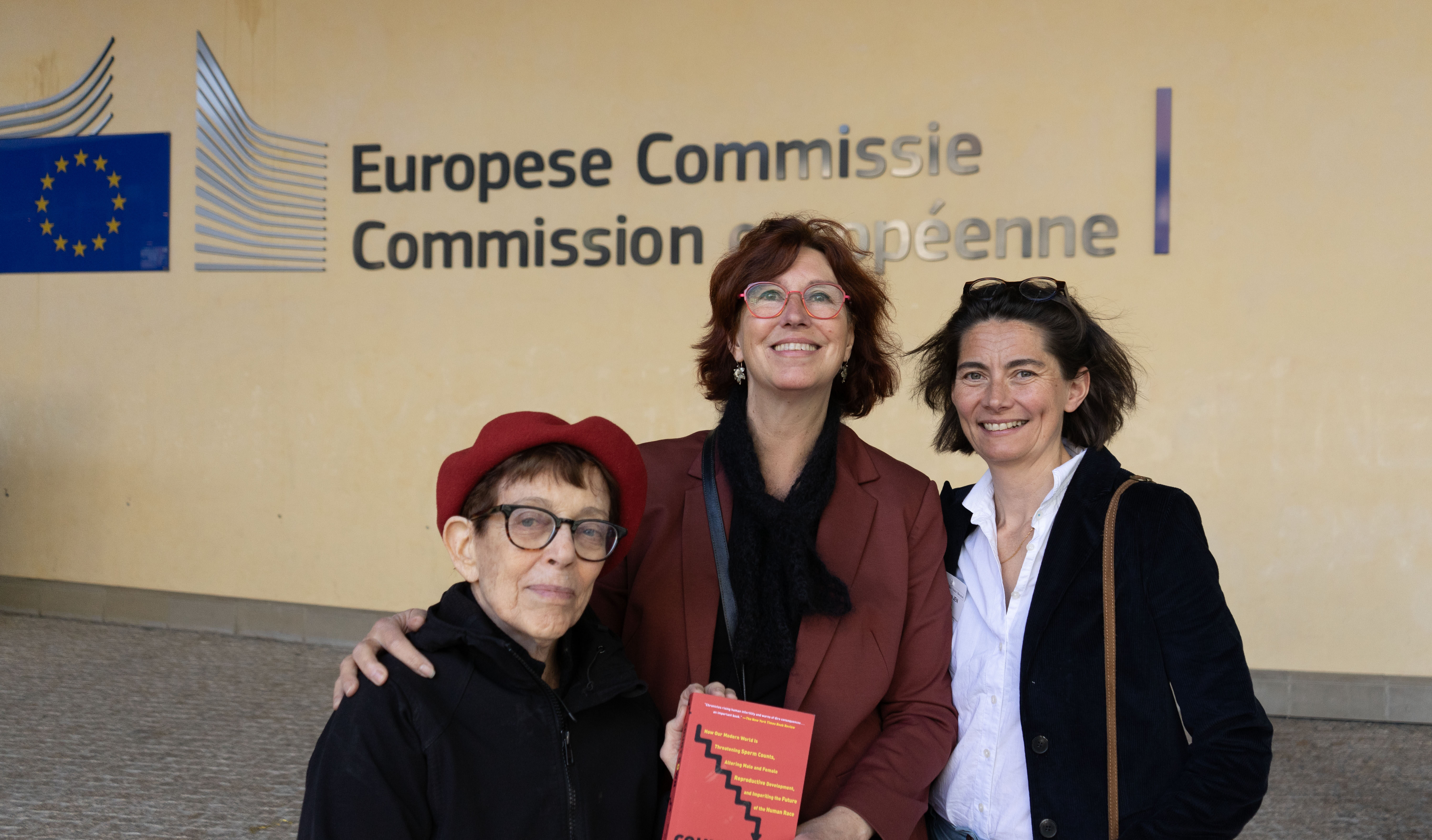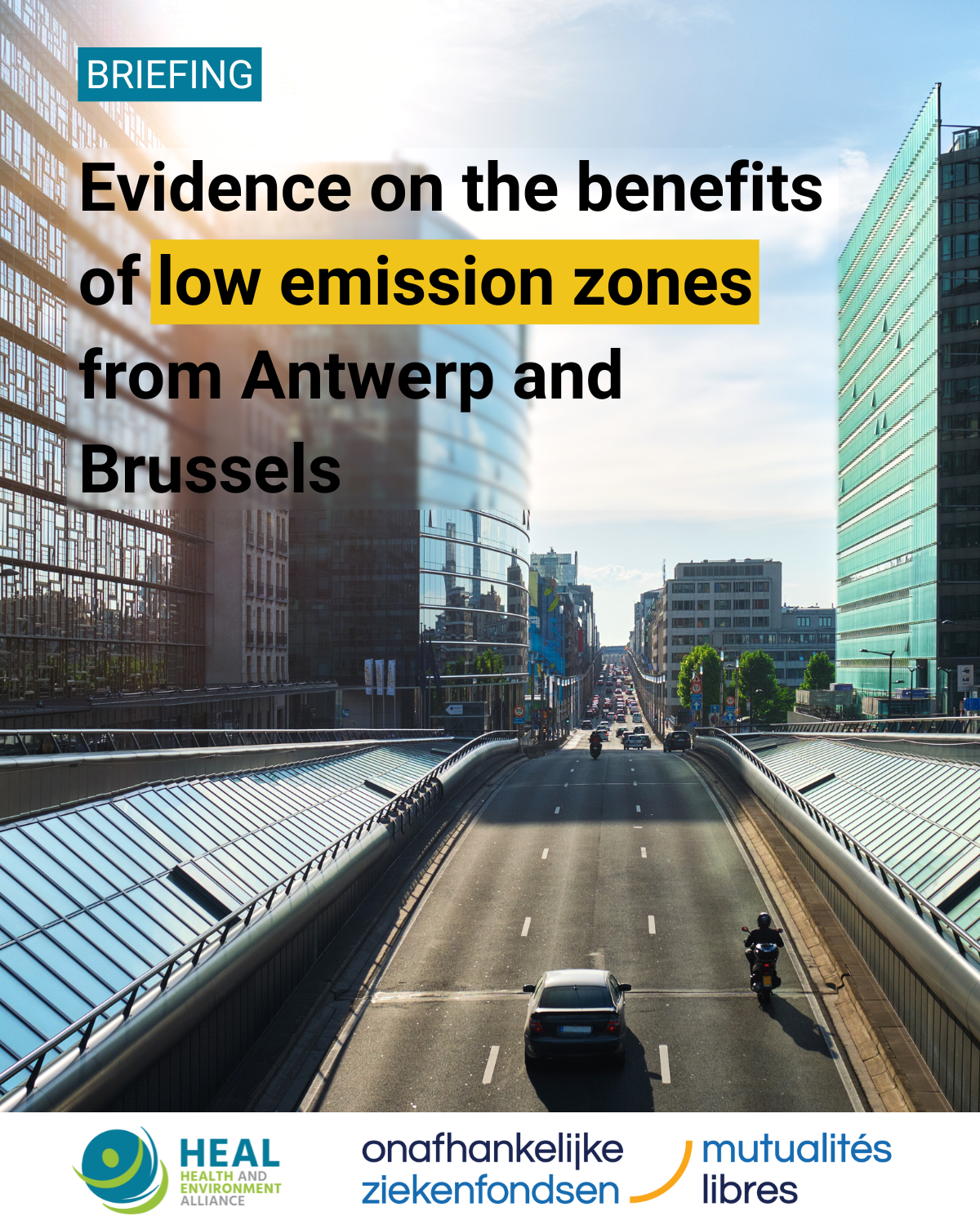HEAL conference: preventing diseases by reducing exposure to harmful chemicals
In June 2025 the Health and Environment Alliance is hosting an international conference in Warsaw, Poland, presenting the latest science on health and exposure to chemicals, and an outlook on necessary policy measures. The international conference will take place under the patronage of the Polish Presidency of the Council of the EU.





